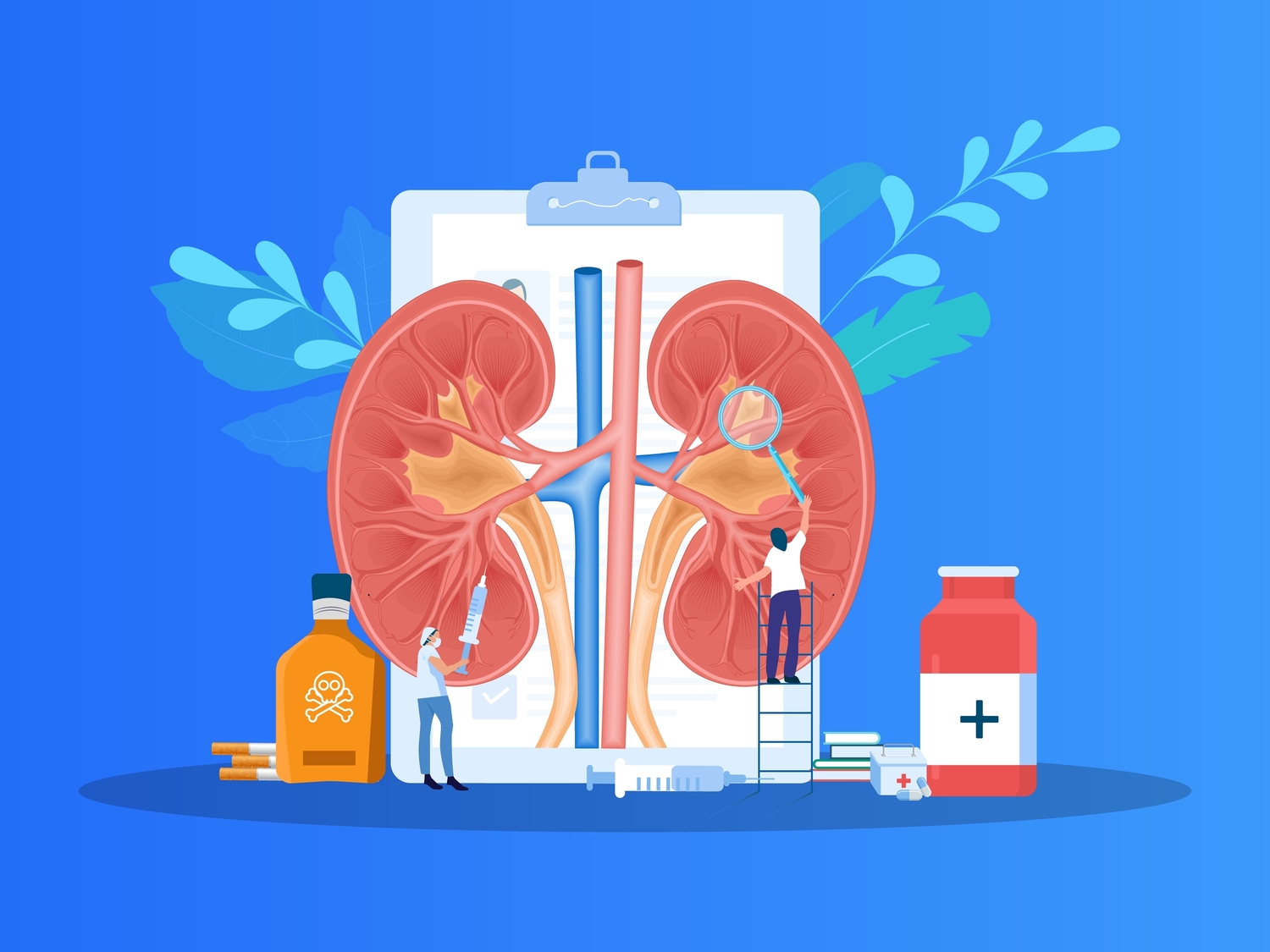Comprehensive Guide to Kidney and Liver Health Risks and Prevention Strategies
This comprehensive guide provides in-depth information on the symptoms, causes, and risk factors of kidney and liver diseases. It highlights preventive strategies, early detection tips, and lifestyle recommendations to maintain optimal organ health and prevent serious health complications. Understanding these critical insights helps individuals take proactive steps towards a healthier life by safeguarding these vital organs.

In-Depth Analysis of Factors Impacting Kidney and Liver Well-being
The kidneys and liver serve as vital organs, performing numerous essential functions critical to maintaining overall health and well-being. Their roles include eliminating waste products from the body, participating in vital metabolic processes, regulating hormones, and aiding digestion. As such, safeguarding the health of these organs is paramount to prevent serious health complications. This extensive article provides a detailed overview of the common symptoms associated with kidney and liver disorders, explores their underlying causes, and identifies key risk factors. Understanding these aspects enables individuals to take proactive steps towards prevention, early detection, and effective management of potential health issues.
Recognizing Symptoms of Liver Disorders
Early identification of liver problems is crucial. Common signs indicating liver dysfunction or disease include:
Nausea and persistent vomiting that may indicate liver inflammation or damage
Jaundice, characterized by yellowing of the skin and eyes, signaling liver bilirubin processing issues
Unusual fatigue and excessive drowsiness, often early signs of liver impairment
Altered mental state or disorientation caused by toxin buildup
Abdominal swelling, often due to fluid retention or ascites
Discomfort or pain in the upper right region of the abdomen, where the liver is located
Indicators of Kidney Dysfunction
Recognizing kidney problems involves noting specific symptoms such as:
An irregular heartbeat, which can result from electrolyte imbalances caused by kidney issues
Breathing difficulties, sometimes linked to fluid overload
Chest pain, potentially associated with fluid accumulation or hypertension
Weakness, fatigue, and decreased physical stamina due to toxin buildup in the bloodstream
Swelling in the legs, ankles, feet, or even the face from retention of fluids
In severe cases, seizures or loss of consciousness, indicating critical kidney failure
Underlying Causes of Liver and Kidney Diseases
Several factors contribute to the development of these organ diseases, including:
Viral Infections: Hepatitis A, B, and C are common viral infections that cause liver inflammation and damage.
Genetic Factors and Medication Use: Conditions like Wilson’s disease and hemochromatosis are inherited disorders affecting organ function. Additionally, certain medications, especially when used long-term, can cause organ toxicity.
Substance Abuse and Alcohol: Excessive alcohol intake is one of the leading causes of liver cirrhosis and failure. Use of harmful substances can also impair kidney health.
Immune System Disorders: Autoimmune conditions such as primary biliary cholangitis target liver tissues, leading to chronic disease.
Reduced Blood Supply: Conditions like heart failure, dehydration, or blood flow issues diminish the organs’ oxygen supply, impairing their function.
Use of Certain Drugs and Toxins: Some chemotherapeutic agents and environmental toxins can result in kidney or liver damage.
Key Risk Factors for Developing Kidney and Liver Conditions
Several risk factors increase the likelihood of developing these diseases. These include:
Exposure to environmental toxins such as pesticides and industrial pollutants
Extended use or misuse of medications that impact organ health
Chronic illnesses like diabetes, high blood pressure, and high cholesterol
Family history of liver or kidney diseases, indicating genetic predispositions
Advanced age, especially individuals over 60 years old, due to natural organ decline
Autoimmune diseases, including systemic lupus erythematosus (lupus), which can attack organs
History of cancer involving the liver or kidneys, which increases recurrence risk
Awareness and understanding of these symptoms, causes, and risk factors are instrumental in early detection and prevention efforts. Adopting healthy lifestyles, undergoing regular medical checkups, and minimizing exposure to harmful substances can significantly reduce the risk of developing severe kidney and liver conditions. Proactive measures and timely intervention can lead to better health outcomes and enhance quality of life, emphasizing the importance of organ health in overall well-being.





